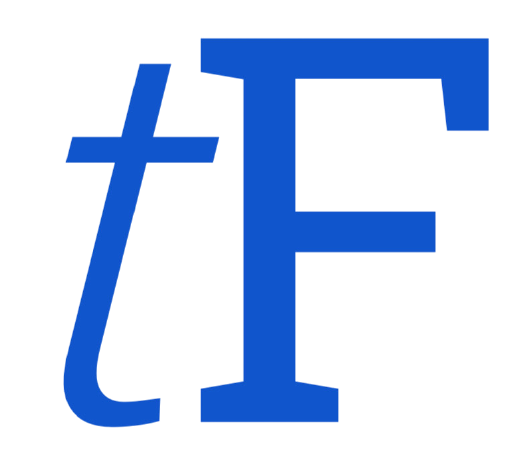At Lincoln Sudbury, the course leveling system creates a complex and sometimes flawed structure for students. With LS not weighting students’ GPAs, there is an unclear distinction between students who receive average grades in more challenging courses and students who excel in more standard courses. This ambiguity can be frustrating for students who, on paper, performed less than their peers, simply because they opted to enroll in a more difficult class. For example, math levels are categorized as Conceptual, Standard, Advanced, and Accelerated Advanced; both Conceptual and Standard are classified as College Prep, Advanced as Honors, and Accel as High Honors. This structure can diminish the perceived rigor of more challenging classes, making some students in lower-level courses appear academically stronger compared to those in higher-level courses because of LS’s lack of weighting GPAs. This system’s flaws mean that the more rigorous coursework is not always recognized appropriately, potentially discouraging students from pursuing advanced classes.
In hand with not weighting GPA, the graduation recognition of Cum Laude, awarded to the students with the highest GPAs of the class, misrepresents the top students. Students who challenged their abilities by taking Accel level classes and performing well, even if they only received a B grade, are not acknowledged for their achievements as opposed to students who took lower level classes and had higher success rates. Although the Cum Laude award does honor many deserving students, the flaws throughout Lincoln Sudbury’s curriculum regarding leveling lead to misrepresentation come graduation.
More recently, LS has re-leveled the AP math courses, including Calculus and Statistics, to be labeled as High Honors courses, rather than AP. This switch lessens the work students put into these classes, as the lesson plan has not changed along with the label. This can cause students to question if it is worth it to challenge themselves in an AP math class but not be recognized for their performance. This can also be confusing to college administrators who don’t have personal insight into the rigor of LS courses.
While all levels of coursework at LS provide critical skills, it is important to give appropriate recognition to students who pursue the more difficult classes provided. This will ultimately motivate students to challenge themselves and leave high school exceptionally prepared.






